Brokered Subjects
Brokered Subjects
Sex, Trafficking, and the Politics of Freedom
Elizabeth Bernstein
The University of Chicago Press
Chicago and London
The University of Chicago Press, Chicago 60637
The University of Chicago Press, Ltd., London
2018 by The University of Chicago
All rights reserved. No part of this book may be used or reproduced in any manner whatsoever without written permission, except in the case of brief quotations in critical articles and reviews. For more information, contact the University of Chicago Press, 1427 E. 60th St., Chicago, IL 60637.
Published 2018
Printed in the United States of America
27 26 25 24 23 22 21 20 19 18 1 2 3 4 5
ISBN-13: 978-0-226-57363-2 (cloth)
ISBN-13: 978-0-226-57377-9 (paper)
ISBN-13: 978-0-226-57380-9 (e-book)
DOI: https://doi.org/10.7208/chicago/9780226573809.001.0001
Library of Congress Cataloging-in-Publication Data
Names: Bernstein, Elizabeth, 1968 author.
Title: Brokered subjects : sex, trafficking, and the politics of freedom / Elizabeth Bernstein.
Description: Chicago ; London : The University of Chicago Press, 2018. | Includes bibliographical references and index.
Identifiers: LCCN 2018008599 | ISBN 9780226573632 (cloth : alk. paper) | ISBN 9780226573779 (pbk. : alk. paper) | ISBN 9780226573809 (e-book)
Subjects: LCSH: Human trafficking. | Prostitution. | Human traffickingPrevention. | Human traffickingReligious aspectsChristianity. | Human traffickingPolitical aspectsUnited States. | HumanitarianismUnited States. | HumanitarianismPolitical aspects. | Feminist theory. | FeminismPolitical aspects. | NeoliberalismSocial aspects.
Classification: LCC HQ281 .B584 2018 | DDC 306.3/62dc23
LC record available at https://lccn.loc.gov/2018008599
 This paper meets the requirements of ANSI/NISO Z39.48-1992 (Permanence of Paper).
This paper meets the requirements of ANSI/NISO Z39.48-1992 (Permanence of Paper).
In loving memory of those who have passed
Contents
with Elena Shih
This book was born of a series of empirical and theoretical puzzles that developed at the tail end of a previous research project on sexual economies and globalization. I began researching sexual commerce in the early 1990s, before the notion of sex trafficking had come into political existence. This framework first emerged in Europe in the mid- to late 1980s, spurred by the collapse of the Soviet Union as well as accelerated cross-border migration streams from Southeast Asia. In the United States, public debates about how to best address the trafficking did not begin to take place until the late 1990s and the early 2000s, but they soon spread rapidly. What were the political implications of this new framework, and who were the social actors propelling it to ascendance? How did the new anti-trafficking discourse relate to broader trends in neoliberalism and to changing dynamics of race, class, sex, and gender? As I watched the migrant sex workers I had come to know grapple with their newfound status as victims of trafficking, these were the questions that compelled me.
I was not alone in pursuing these inquiries. Many others in the community of scholar-activists that I pertained to shared my concerns. The genesis for this project was forged out of early conversations, conferences, and study groups with Carol Leigh, Penelope Saunders, Kerwin Kaye, Gayle Rubin, Carole Vance, Sealing Cheng, Laura Agustn, Svati Shah, and Denise Brennan, who have all gone on to produce significant works on the political complexities of the trafficking discourse and its effects on various sex-working communities. As my research took on a more coherent shape in the succeeding years, this core group expanded to include a number of other scholars and activists who were engaged in similar endeavors, including Ann Jordan, Juhu Thukral, Alice Miller, Janie Chuang, Janet Halley, Julia OConnell Davidson, Kamala Kempadoo, Pardis Mahdavi, Prabha Kotiswaran, Gretchen Soderlund, Christine Jacobsen, Nicola Mai, Rutvica Andrijasevic, Melissa Ditmore, and Rhacel Parreas. My former graduate students Elena Shih, Sine Plambech, and Jennifer Musto soon became prominent anti-trafficking researchers in their own right and important members of this still-expanding group. I am grateful for the input I have received from these intellectual fellow travelers, and I continue to rely upon their ongoing investigations in this area as important supplements to my own.
Other academic collaborations were also pivotal to the construction and elaboration of my scholarly approach to this material. The 2005 seminar Sex, Secularism, and Other Religious Matters at New York Universitys Center for Religion and Media provided a stimulating forum for generating some of my initial ideas about this project. During my 20112012 year in residence at the Institute for Advanced Study in Princeton, New Jersey, my research benefited from conversations with Didier Fassin, Joan Scott, Wendy Chun, Judith Surkis, Nancy Scheper-Hughes, Sherine Hamdy, and Karuna Mantena. The Barnard Center for Research on Womens transnational, interdisciplinary working group on Gender, Justice, and Neoliberal Transformations has been a vital venue for thinking about the case study of anti-trafficking policy in the context of broader political-economic transitions. At Barnard and Columbia, my colleagues Janet Jakobsen, Rebecca Jordan-Young, Jenna Freedman, Neferti Tadiar, Elizabeth Castelli, Laura Kay, Tina Campt, Debra Minkoff, Heather Hurwitz, Katherine Franke, Lila Abu-Lughod, Constance Nathanson, and Mark Nomadiou have provided multiple forms of support for my thinking and research. In addition, numerous scholars nationally and internationally have offered critical feedback on chapters of the manuscript as well as public presentations of this material. For their spirited engagement with key components of this project, I thank ric Fassin, Janie Chuang, Kristin Luker, Gail Kligman, Lauren Berlant, Ann Orloff, Raka Ray, Randi Gressgrd, Evren Savci, Linda Zerilli, Wendy Hesford, Kate Bedford, Roger Lancaster, Lisa Duggan, Ann Pellegrini, Lynn Chancer, Raewyn Connell, David Halperin, Mario Pecheny, Ana Amuchastegui, Cecilia Varela, and Adrian Favell.
Crucial to these acknowledgments are also the many people and organizations across several continents who generously shared their time and their perspectives with me, and who constitute the fundament of the ethnographic research for this project. I am extremely grateful to the various participants whose expertise and experiences I relied upon for this analysis, including those with whom I disagree. Although it is impossible for me to produce a comprehensive list here, I would like to highlight, in particular, the contributions of Liz Hilton and the other members of Empower Chiang Mai, the late Andrew Hunter from the Asia Pacific Network of Sex Workers, Penelope Saunders, Ann Jordan, Martina Vandenburg, Florrie Burke, Jennifer Butler, Shane Claiborne, Mark Lagon, Matt Friedman, and William Livermore.
I would also like to express my thanks to the various institutions that provided material and social support for this research: the Social Science Research Council, the American Association of University Women, the Mellon Foundation, the Institute for Advanced Study, the UN Research Institute for Social Development, the Institute for Social and Economic Research and Policy at Columbia University, and the Office of the Provost at Barnard College. This work would have been impossible to execute without the labors of several dedicated and talented research assistants, who combed through newspaper articles and published reports, tabulated statistics, and engaged in rigorous fact-checking of the manuscript, among other tasks. I would especially like to acknowledge Erin Ward and Ariane Rinehart, who provided indispensible and multifaceted research support during the final three years of this project, as well as the contributions of Shoshana Lauter, Jovonne Bickerstaff, Jennifer Nina, Pazia Miller, and Blaise Bayno-Krebs. I am most grateful to Doug Mitchell, Kyle Wagner, and Jenni Fry at the University of Chicago Press, who shepherded this book through the publication process with finesse and care.

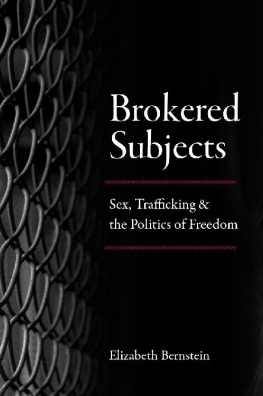

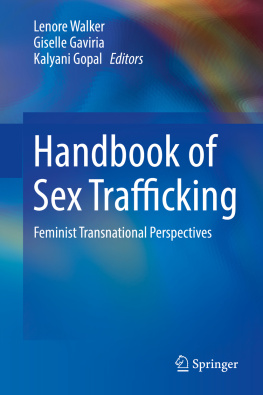
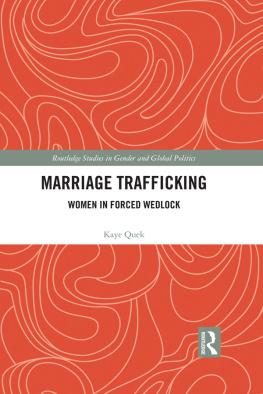
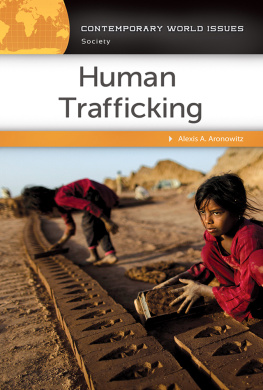
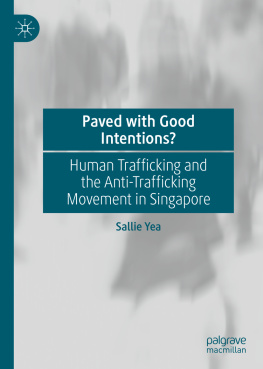
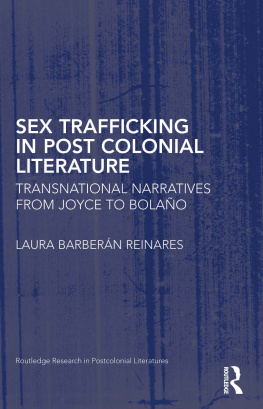
 This paper meets the requirements of ANSI/NISO Z39.48-1992 (Permanence of Paper).
This paper meets the requirements of ANSI/NISO Z39.48-1992 (Permanence of Paper).